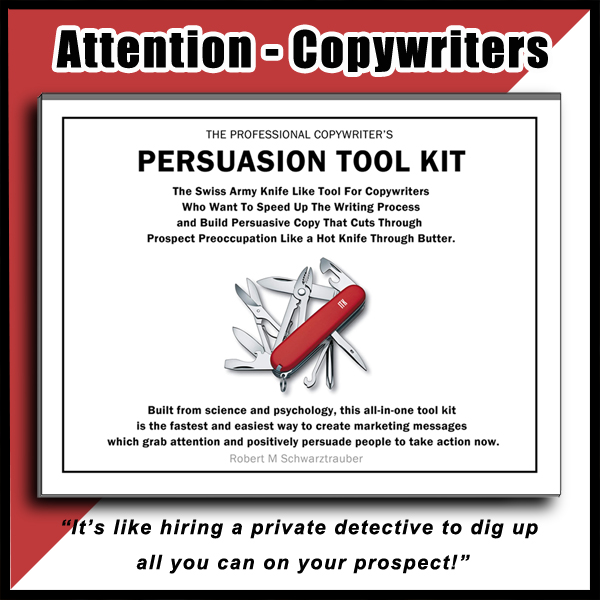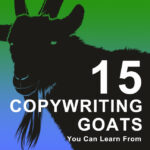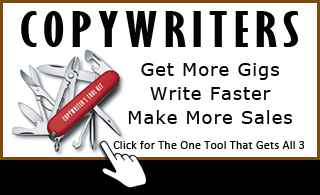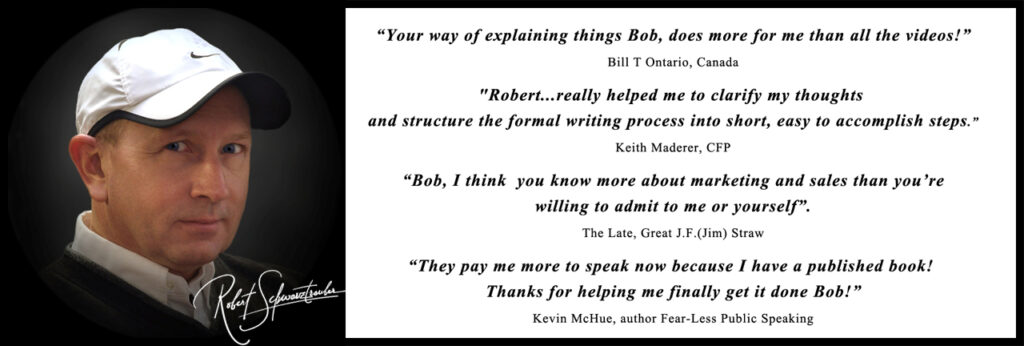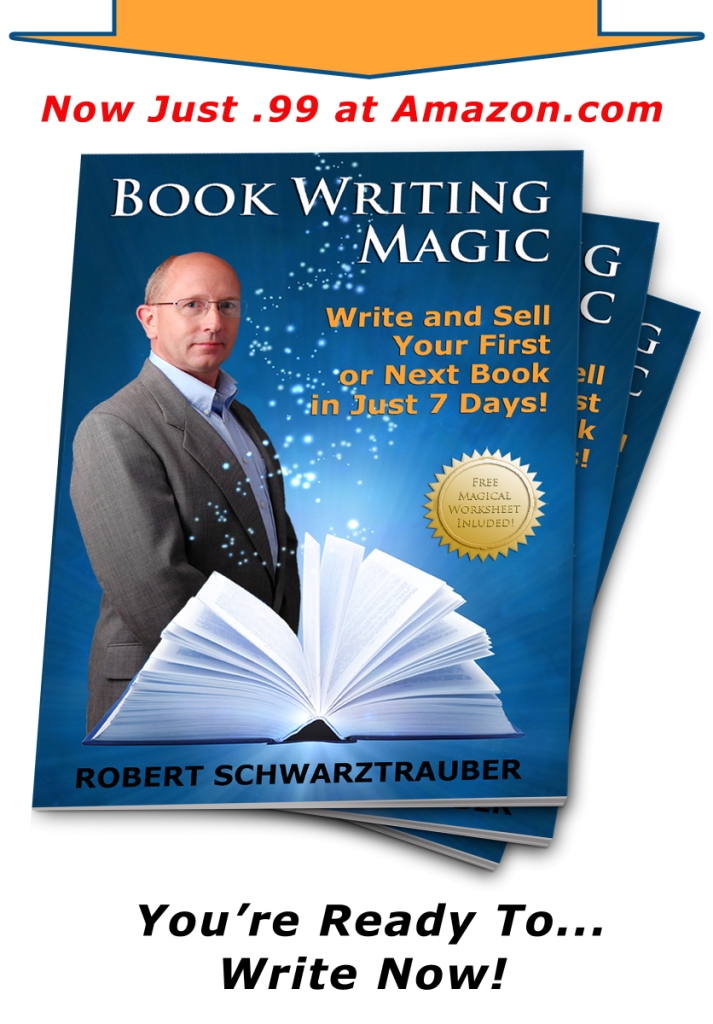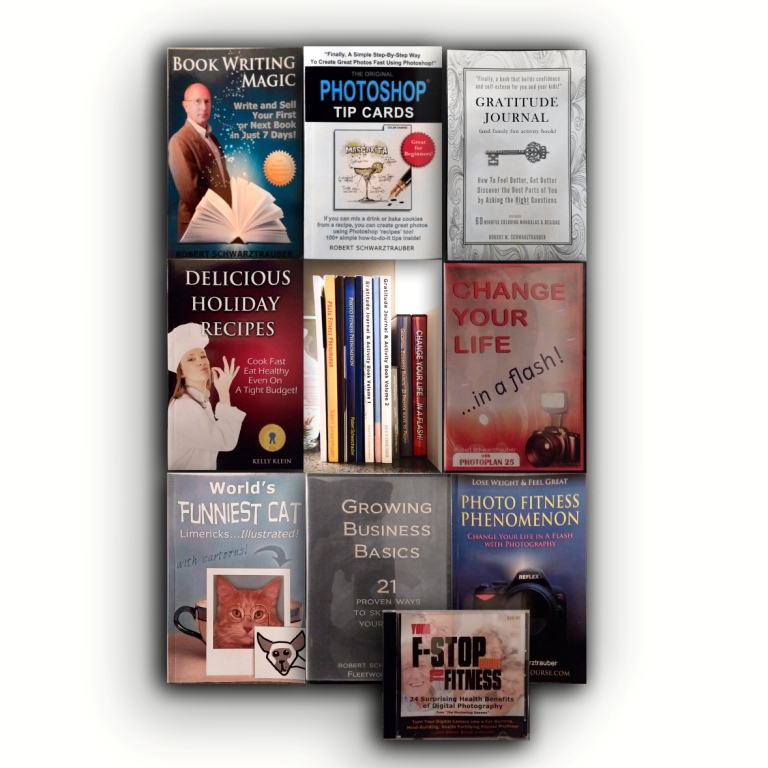Why You Must Write and Test Copy for All Reading Levels
Heads up copywriter. Know this…
You can craft the most compelling offer. Pile it high with indisputable proof. But if your reader cannot comprehend all the fancy-schmancy words you looked up, and plopped in to sound smart, you’re not going to sell one darned thing!
Sadly, most overestimate the ability of people to read.
Use Simple Language to Engage More Readers
~ ~ ~
When crafting copy intended for a broad audience, it is essential you use simple, straight-forward language.
Research shows that most adult readers in the USA read at no higher than an 8th grade level.
Yet many copywriters insist on using complex words and long, run-on sentence structures that make their content difficult to understand. And this is a fatal mistake!
- Because many readers will get frustrated reading your difficult text and give up. Your message nevers gets through, simply because they quit reading.
- Studies have also shown, that when given the exact same message, written simply and then with higher level words, believability goes down as the reading level goes up. Turns out, simple is also more believable.
Check Your Writing Level with Flesch-Kincaid
~ ~ ~
Testing copy with a tool like the Flesch-Kincaid Grade Level online calculator helps copywriters ensure their language is readable and therefore, more believable.
The Flesch-Kincaide test analyzes things like average syllables per word and average words per sentence to arrive at a readability score.
This simple test generates a numeric grade level representing the reading comprehension required to grasp the copy or text.
For general audience copy, experts recommend targeting no higher than grade level 7, or at most grade 8.
But this level is probably still too high for most copywriting projects.
Expert Testimony
~ ~ ~
Recently, famed copywriter Mark Ford wrote this about readability in the AWAI January 2024 Barefoot Writers Newsletter:
“Memorize the following sentence: The easier it is to comprehend, the more likely it is that your reader will find it to be true.
Adding…
“There is a new science called Cognitive Fluency that supports this assertion. Among other things, it studies the effect of simple language on readers. What researchers have found is that a simpler statement has more credibility than a more complex one — even if they both mean the same thing. It appears, the scientists say, that our brains are hardwired to trust simpler (and familiar) things.”
New science?
In the 1950’s and 60, Eugene Schwartz, one of the highest paid copywriters of his day stated:
“The most effective copywriting uses simple, single syllable words and relatively short sentences. The message must get through to the reader easily. Complex words and convoluted sentences fail every time.”
That’s why writing at a 5th grade or even lower reading level is probably advisable for most copywriting projects which hope to persuade the average reader.
3 Points To Help Keep Copy Readable
~ ~ ~
- One should always aim for maximum clarity.
- Use short words, one or two syllables if possible.
- Avoid technical jargon. Keep sentences short, under 15 words long
Simple Doesn’t Mean Simplistic
~ ~ ~
Some copywriters fear “dumbing down” their copy. But simple need not mean simplistic.
Straight-forward language allows readers to focus on your message rather than trying to decipher complex text. (which they won’t…we’re all too impatient these days!)
Multi-syllable words can usually be replaced with less esoteric alternatives that communicate just as, or more effectively. Take the time to look up synonyms and simpler words. Or re-write your sentence entirely to make simple words fit in.
Consider the following examples.
Which sentence seems more clear?
“The ubiquitous nature of malfeasance and miscreancy in contemporary society cannot be readily ameliorated.”
Vs.
“Wrong-doing and crime are common in today’s world. This problem can’t easily be fixed.”
In the second, no meaning is lost by using simpler vocabulary and structure. Yet it is far more clear and easy to understand for the average reader. They will agree with what you have written.
Build Trust with Plain Language
~ ~ ~
Writing in plain language builds trust. This “new” Cognitive Fluency science supports this.
Readers feel respected when content is written thoughtfully at their level. Vague bureaucratic or industrial phrases filled with jargon suggest the writer is intentionally trying to obscure something. Hide something. Fool them. This causes readers to instantly disengage. The kiss of death for a copywriter.
Know Your Audience
~ ~ ~
The key for copywriters is to know your audience. In fact, it is THE KEY.
Materials targeting experts in a complex field suprisingly do not require writing at a higher grade level. Everyone is better persuaded by simple, clear writing; professionals and academics alike. (Though you may have to use use higher level industry words as needed to convey the appropriate message).
While content meant for a general, targeted readership should be written as clearly and directly as possible. Using simple words and simple sentences.
Testing your draft with a Flesch-Kincaid score calculator can prevent your copy from using unnecessarily high-level language which could potentially repel your readers and waste your opportunity to persuade. There’s a link to the test I use down below.
But before you start writing a single word, it’s best to use “The Copywriters Persuasion Toolkit” to discover the key motivations, desires and hidden desires, plus the buying “hot buttons” of your target audience.
The toolkit’s simple fill-in-the-blank templates and easy to read graphics make this essential (but often forgotten) task go quick and easy.
Expert Copywriters Advise Using Simple Language
~ ~ ~
Many copywriting legends emphasize the importance of straightforward writing for connecting with and persuading readers. Here’s what 3 experts have to say:
David Ogilvy: “Use short words, short sentences and short paragraphs.”
Joe Sugarman: “Don’t use pretentious words. Don’t try to impress your reader with your vocabulary. Stick to simple words that convey your thoughts simply and clearly.”
Drayton Bird: “Talk in everyone’s language, and everyone will understand.”
The simple mesage is this: Keep readability in mind as you write. And test your copy draft with tools like Flesch-Kincaid.
This is how professional copywriters start to improve reader engagement, response, and conversion. Which ultimately puts more money in your pocket! Simpler writing – more money!
Readability isn’t everything though. You still have to make a compelling case for your reader to buy in. Writing simply is just the foundation, without which, all copy eventually crumbles.
In closing, I’ll leave you with these:
6 Pearls of Simple Writing Wisdom
They’re from one of the great fiction writers of all time, the amazing, George Orwell.
In 1947 Orwell advised:
1.
Never use a metaphor, simile, or other figure of speech which you are used to seeing (in print).
2.
Never use a long word where a short one will do.
3.
If it is possible to cut a word out, always cut it out.
4.
Never use the passive where you can use the active.
5.
Never use a foreign phrase, a scientific word, or a jargon word if you can think of an everyday English equivalent.
6.
Break any of these rules sooner than say anything outright barbarous.
~ ~ ~
Write simply my friends! And test to see that you do.
Here’s a link to the free, online Flesch-Kincaid Score calculator tool I use:
Flesch-Kincaid Grade Level Test
https://charactercalculator.com/flesch-reading-ease/
To insure your copy is most persuasive to your target market, I’ve found nothing better than The Copywriters Persuasion Toolkit.
To your continued writing success!
– Robert Schwarztrauber
P.S. Here’s a great free bonus I just re-discovered while researching this article. It’s by my favorite copywriting mentor, Drayton Bird. Smart writers will love Drayton’s 10 Commandments for Copywriting Success. Many great old master copywriting examples, the original ads, are included there. Enjoy!

